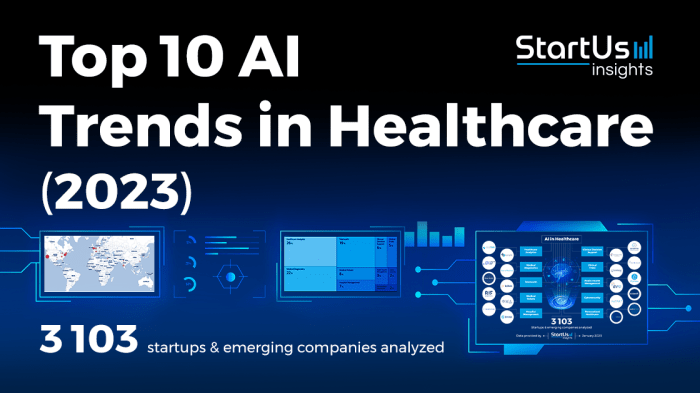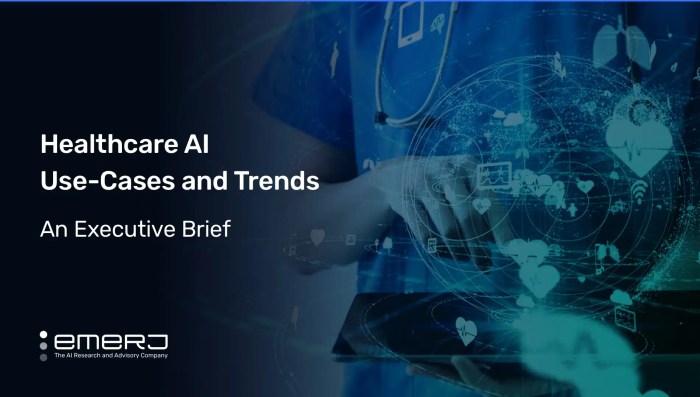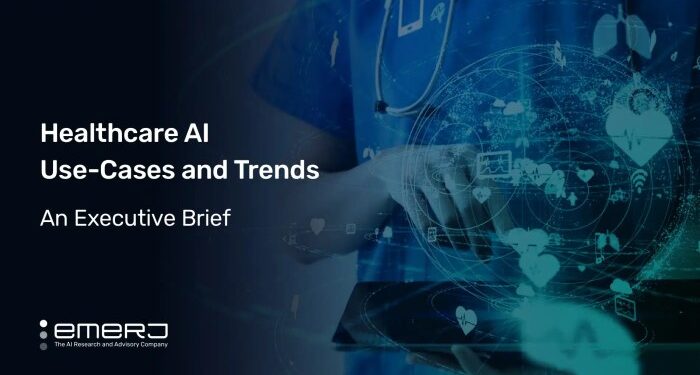Exploring the dynamic landscape of Health IT Trends to Watch: Privacy, AI, and Compliance unveils a realm of innovation and challenges shaping the healthcare industry. This guide delves into the pivotal aspects driving this evolution, offering insights that resonate with professionals and enthusiasts alike.
Privacy in Health IT Trends

In the rapidly evolving landscape of Health IT, privacy plays a crucial role in safeguarding patient data and maintaining trust in healthcare systems. As technology advances, ensuring the privacy of sensitive information becomes increasingly complex and vital.
Key Privacy Concerns in Health IT Trends
- The risk of data breaches: With the increasing digitization of health records, the risk of data breaches and unauthorized access to patient information is a significant concern. This can lead to financial fraud, identity theft, and compromise patient confidentiality.
- Third-party data sharing: Health IT systems often involve multiple stakeholders, including healthcare providers, insurance companies, and technology vendors. The sharing of patient data among these parties raises concerns about data security and privacy protection.
- Lack of transparency: Patients may not always be aware of how their data is being collected, stored, and used within Health IT systems. This lack of transparency can erode trust and raise privacy issues.
Strategies for Ensuring Patient Data Privacy in Health IT
- Implement robust security measures: Health organizations must invest in encryption, access controls, and regular security audits to protect patient data from unauthorized access.
- Adhere to privacy regulations: Compliance with regulations such as HIPAA (Health Insurance Portability and Accountability Act) is essential to ensure patient data privacy. Organizations must stay updated on privacy laws and regulations to avoid legal implications.
- Educate staff and patients: Training healthcare staff on privacy best practices and educating patients on their rights regarding their health data can help reinforce the importance of privacy in Health IT.
AI Applications in Health IT Trends

AI, or artificial intelligence, is playing a transformative role in healthcare through the integration of Health IT systems. By leveraging AI technology, healthcare providers can enhance patient care, streamline operations, and improve overall outcomes.
AI Applications in Improving Healthcare Outcomes
- Medical Imaging Analysis: AI-powered tools can analyze medical images such as X-rays, MRIs, and CT scans to assist radiologists in diagnosing conditions like cancer, fractures, and other abnormalities more accurately and efficiently.
- Predictive Analytics: AI algorithms can analyze patient data to predict potential health issues, identify high-risk patients, and recommend personalized treatment plans to improve outcomes and reduce hospital readmissions.
- Virtual Health Assistants: AI-powered chatbots and virtual assistants can provide patients with immediate access to healthcare information, schedule appointments, and offer guidance on managing chronic conditions, ultimately improving patient engagement and satisfaction.
Comparison of Different AI Technologies in Health IT Trends
| Technology | Application |
|---|---|
| Machine Learning | Utilized in predictive analytics, disease identification, and personalized treatment recommendations |
| Natural Language Processing | Enables the extraction of valuable insights from unstructured data such as clinical notes and patient records. |
| Robotics | Assists in surgeries, rehabilitation, and patient care tasks to improve precision and efficiency. |
Compliance Challenges in Health IT
In the ever-evolving landscape of healthcare technology, compliance with regulatory requirements is a crucial aspect that healthcare organizations must adhere to. Failure to comply with these regulations can have severe consequences, not only in terms of financial penalties but also in compromising patient data security and overall quality of care.
Regulatory Compliance Requirements in Health IT
Healthcare organizations are subject to a myriad of regulatory requirements when it comes to managing patient data and utilizing technology in their operations. Some of the key regulations that impact Health IT include HIPAA (Health Insurance Portability and Accountability Act), HITECH (Health Information Technology for Economic and Clinical Health Act), and GDPR (General Data Protection Regulation).
These regulations impose strict guidelines on how patient data should be collected, stored, and shared, as well as requirements for data security measures and breach notification protocols. Non-compliance with these regulations can result in hefty fines, damage to the organization's reputation, and potential legal action.
Impact of Non-Compliance in the Healthcare Industry
Non-compliance with Health IT regulations can have far-reaching consequences for healthcare organizations. It can lead to data breaches, which not only compromise patient privacy but also erode trust in the organization. Additionally, regulatory fines and legal fees can put a significant strain on the financial health of the organization, diverting resources from patient care and other critical initiatives.
Moreover, non-compliance can hinder interoperability efforts and limit the adoption of innovative technologies that could improve patient outcomes and streamline healthcare processes.
Designing a Compliance Strategy for Healthcare Organizations
To navigate the complex landscape of Health IT regulations, healthcare organizations must design and implement a robust compliance strategy. This strategy should involve regular audits to ensure adherence to regulatory requirements, ongoing staff training to promote awareness of compliance obligations, and the establishment of clear policies and procedures for data handling and security.
Furthermore, healthcare organizations should consider investing in technology solutions that can help automate compliance processes, such as electronic health record systems with built-in compliance features and secure messaging platforms for communication.
Closing Notes

In conclusion, the intricate interplay of privacy, AI, and compliance in Health IT Trends underscores the need for a harmonious balance between innovation and regulation. As we navigate the complexities of this domain, staying abreast of emerging trends is paramount to driving positive change in healthcare delivery and outcomes.
General Inquiries
What are the key privacy concerns in Health IT trends?
Key privacy concerns include data breaches, unauthorized access to patient information, and lack of encryption protocols.
How does AI impact healthcare outcomes in Health IT?
AI applications in Health IT can improve healthcare outcomes by enhancing diagnostic accuracy, personalized treatment plans, and operational efficiency.
What are the common regulatory compliance requirements in Health IT?
Common regulatory compliance requirements include HIPAA, GDPR, and HITECH Act, among others, to safeguard patient data and privacy.



